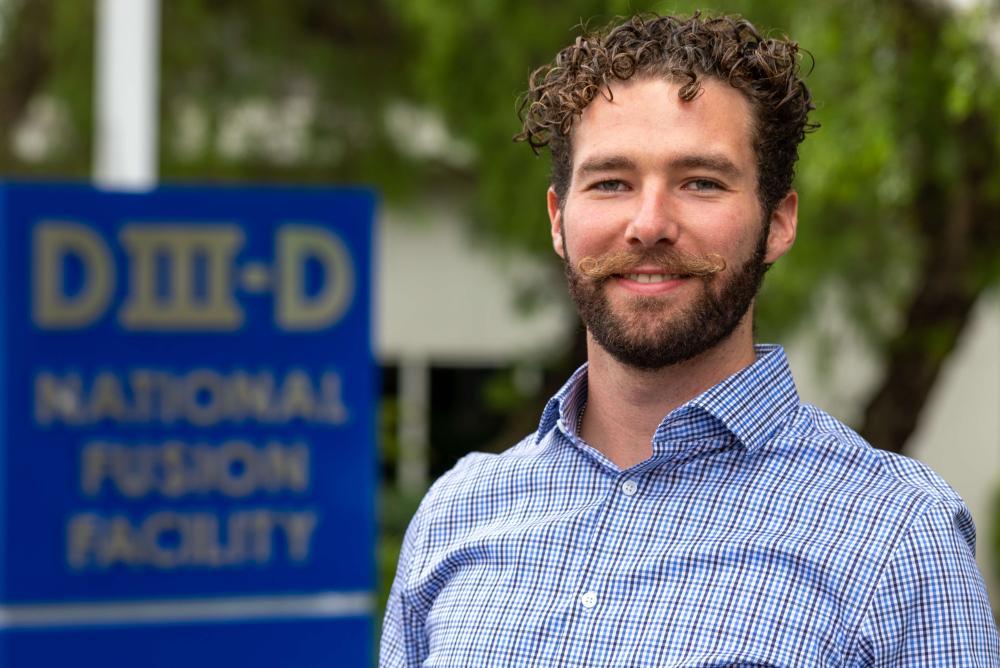W&M Featured Events
[PAST EVENT] Ryan Chaban - Physics Dissertation Defense
Access & Features
- Open to the public

Ryan Chaban, Final Oral Examination for the Ph.D. Degree, Title: "Experimental Studies of Neutral Particles and the Isotope Effect in the Edge of Tokamak Plasmas"
Zoom link available upon request. Please email Ellie at evwilk@wm.edu.
Abstract: The complex links between neutral-plasma interactions and transport in the tokamak edge (pedestal) must be understood to model and achieve the high performance required for a fusion power plant. Data from international tokamaks shows that as isotope mass increases, energy confinement also increases in contradiction to the predicted scaling from diffusive theory, a phenomenon known as the “isotope effect.” Using a database of hydrogen (mass=1) and deuterium (mass=2) pedestals on the DIII-D tokamak, we show indications that both species are in electron-dominant turbulence regimes, where increased outwards convection for hydrogen contributes to lower electron density consistent with gyrokinetic theory. However, this is complicated by indications of fueling differences between the isotopes. To isolate the effect of fueling, we conducted an experiment on DIII-D leveraging the Lyman-? LLAMA diagnostic and show that hydrogen neutrals penetration lengths (?n0 ) are 40% longer than deuterium consistent with the H/D ratio of thermal velocity, and this widens the pedestal at low opaqueness. In the Scrape-Off Layer (SOL), we conducted a diagnostic validation exercise using the ELZAR analysis method with stereoscopic fast cameras on MAST to detect field-aligned turbulent transport events known as “filaments”. The two most important parameters for the statistical framework in use are distributions for filament radial position and major axis width which are within error between the cameras.
Bio: Ryan Chaban grew up in south Orange County, California. As a child he was fascinated with the idea of a perpetual motion machine and got a hard dose of reality after taking high school physics. However, the study that stole his dream gave him a new one in pursuit of a clean energy source that does obey the laws of nature. His pursuit of physics took him to Cleveland, Ohio where he graduated from Case Western Reserve University in 2017 with a degree in Engineering Physics, minoring in History and Philosophy of Science. During an internship at DIII-D in 2016, he became fascinated with nuclear fusion and matriculated at William & Mary to pursue the study. After he completes his Ph.D. under the guidance of Prof. Saskia Mordijck he will be starting as a Fellow with the Advanced Research Projects Agency - Energy (ARPA-E) in Washington D.C. where he hopes to pursue all manner of advanced energy technologies (including fusion) to avert the coming climate and energy crisis.
